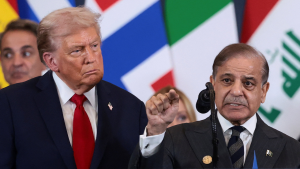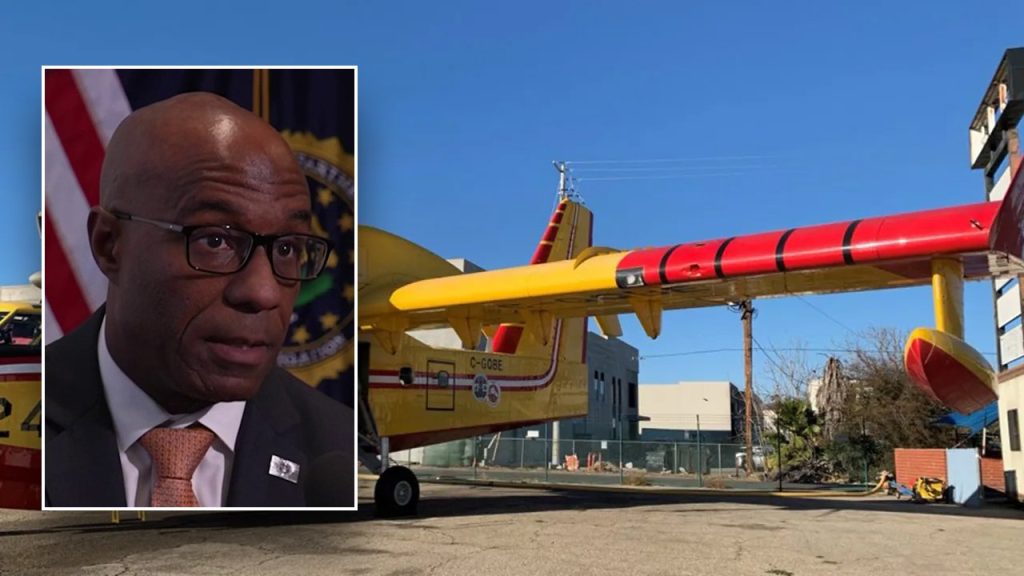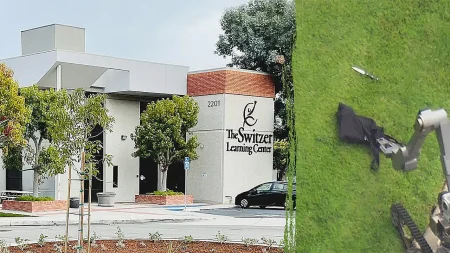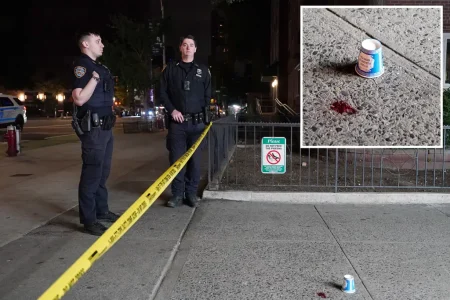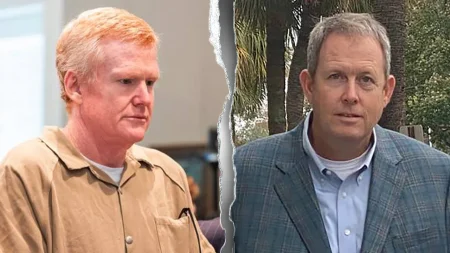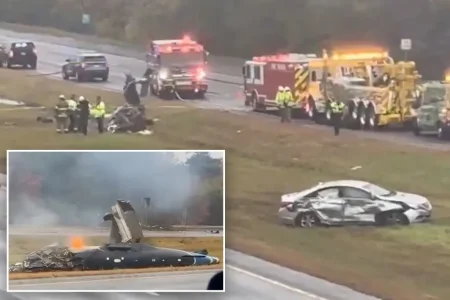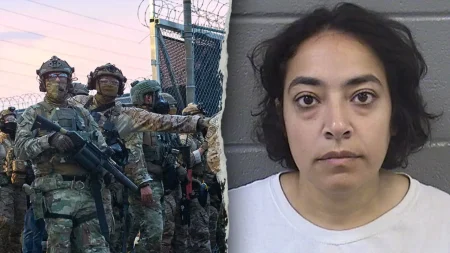The collision of a privately owned drone with a Canadian “Super Scooper” aircraft battling the Palisades Fire in California has sparked a serious investigation by the FBI’s Los Angeles Field Office. This incident underscores the growing threat posed by unauthorized drone operations during wildfire emergencies, highlighting the potential for catastrophic consequences and the disruption they cause to vital firefighting efforts. The drone, impacting the plane’s wing and leaving a noticeable hole, forced the grounding of all firefighting aircraft in the area, a standard safety procedure following any mid-air collision. While the hold was shorter than usual, the delay still hindered the response to the rapidly spreading fire, potentially endangering lives and property. This incident serves as a stark reminder of the crucial role played by aerial firefighting resources and the severe impact even temporary disruptions can have during such critical situations.
The incident has prompted the FBI to renew its call for public assistance in identifying the drone operator responsible. The agency is actively pursuing leads and leveraging its partnerships with both public and private entities to track down the culprit. This highlights the difficulty in regulating drone usage and the importance of public cooperation in ensuring safe airspace during emergencies. The FBI’s ongoing efforts to identify the operator demonstrate the seriousness of the incident and the agency’s commitment to holding accountable those who endanger public safety through reckless drone operation.
Unauthorized drone flights during wildfires not only jeopardize aircraft but also significantly hamper firefighting operations. By forcing the grounding of essential firefighting aircraft, these illegal drone operations impede the ability of first responders to effectively combat the flames and protect communities. This underscores the critical need for public awareness and adherence to flight restrictions during emergencies. The grounding of aircraft, even for a short period, can have a cascading effect on firefighting efforts, hindering containment strategies and potentially allowing the fire to spread further.
The FBI emphasizes that temporary flight restrictions (TFRs) are implemented during wildfires to create a safe operating environment for firefighting aircraft and law enforcement drones. These restrictions prohibit private drone flights within the designated airspace to prevent collisions and ensure the effectiveness of aerial firefighting operations. Ignoring these restrictions not only poses a significant safety risk but also diverts critical resources away from firefighting efforts. It’s crucial for drone operators to understand and respect these TFRs, recognizing their importance in protecting both lives and property during wildfire emergencies.
The Palisades Fire drone incident reveals a broader concern about the increasing threat of drone interference with law enforcement and emergency response operations. The FBI has observed a concerning rise in unauthorized drone flights, describing them as one of the most significant current threats. These unauthorized flights can obstruct aerial surveillance, interfere with rescue missions, and impede investigations. The growing accessibility and affordability of drones have unfortunately led to a corresponding increase in irresponsible and illegal usage, posing challenges for law enforcement agencies tasked with maintaining airspace safety.
The FBI urges the public to prioritize safety and adhere to FAA regulations regarding drone operation. Emphasizing the potential legal repercussions, including fines and jail time, for violating flight restrictions, the agency stresses the importance of responsible drone ownership and operation. The message is clear: “If you fly, we can’t.” This simple statement encapsulates the critical nature of maintaining clear airspace for essential operations and underscores the need for public cooperation in safeguarding lives and property. The FBI’s appeal for public vigilance and responsible drone operation reflects a growing concern about the increasing frequency of unauthorized drone flights and their potential to disrupt critical operations, highlighting the need for collective action to ensure airspace safety.
